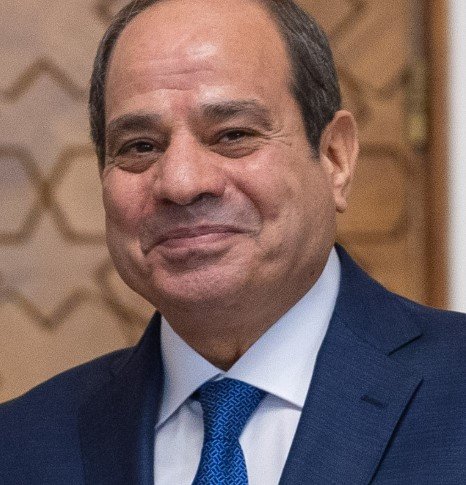Cairo summit underscores demand for ceasefire, aid access, and political path toward Palestinian statehood
In a rare trilateral summit in Cairo on Monday, the leaders of Egypt, Jordan, and France jointly called for increased international pressure on Israel to end its military operations in Gaza and revive stalled peace efforts.
The high-level meeting, which brought together Egyptian President Abdel Fattah el-Sissi, French President Emmanuel Macron, and Jordan’s King Abdullah II, marks a new phase of diplomatic coordination amid mounting fears of regional escalation.
The three leaders issued a firm joint statement urging “an immediate cessation of hostilities,” the restoration of a full ceasefire, and the resumption of “sufficient humanitarian aid” to prevent Gaza’s crisis from deepening further.
A Show of Arab-European Unity
King Abdullah delivered some of the summit’s strongest warnings, cautioning that “continued Israeli attacks undermine all diplomatic and humanitarian efforts and threaten to plunge the region into chaos.”
He emphasized the need for “regional calm” and renewed talks to establish a political horizon — a phrase often used by diplomats to describe a path to a two-state solution that guarantees peace and security for both Palestinians and Israelis.
Egypt and Jordan, two of the few Arab states with formal peace treaties with Israel, have been increasingly vocal in opposing what they call the collective punishment of Gaza’s population. France, for its part, has consistently backed a humanitarian ceasefire and has endorsed the Arab League’s post-war reconstruction framework.
“The three leaders underscored the need for unified international efforts, particularly from European Union countries, to support Arab-led initiatives for rebuilding Gaza,” the joint readout said.

Humanitarian Crisis Mounts
The summit came just hours before Israeli Prime Minister Benjamin Netanyahu met with U.S. President Donald Trump in Washington — a visit dominated by the same topics: the Gaza war, stalled hostage talks, and the future of the enclave.
Israel resumed its large-scale air and ground operations on March 18, breaking a nearly two-month ceasefire. Israeli officials said the renewed strikes were necessary due to Hamas’ refusal to release hostages. Hamas accused Israel of violating the truce and escalating the violence deliberately.
One sentence here.
Monday’s Cairo summit made clear that regional players see no military solution to the crisis — and are growing frustrated with what they describe as an international failure to halt the bloodshed.
No to Displacement, Yes to PA Rule
In language aimed at both Tel Aviv and Washington, King Abdullah reiterated Jordan’s firm opposition to the displacement of Palestinians from Gaza or the West Bank — a red line for Amman, which hosts millions of Palestinians.
He also denounced “unilateral Israeli actions” in the West Bank and “violations of Muslim and Christian holy sites” in Jerusalem.
The leaders endorsed a post-war Gaza governed by a “revitalized and unified Palestinian Authority” — in line with the Arab League and EU proposals — and flatly rejected any long-term Israeli military presence.
Macron said the path forward must include “serious efforts to achieve a comprehensive peace” that meets the legitimate aspirations of Palestinians while ensuring regional stability.
Pressure Builds Ahead of Washington Talks
The Cairo message was deliberately timed.
With Netanyahu landing in Washington just as the summit closed, the goal was clear: rally broader international consensus ahead of any future U.S.-brokered negotiations. While President Trump said during his Oval Office appearance with Netanyahu that “progress is being made” on hostage talks, there were no new breakthroughs announced.
The White House canceled a planned joint press conference, opting instead for a brief media spray during the bilateral meeting.
But with calls for a lasting ceasefire growing louder — and louder still from close regional allies — momentum may be shifting.
Next Moves: Ceasefire, Reconstruction, Political Track
As the humanitarian crisis deepens, the summit served as a signal that key Arab and European powers will not wait on Washington to define the post-war landscape.
Here’s what they’re demanding:
-
Immediate ceasefire and restoration of truce phases
-
Unimpeded humanitarian aid flow into Gaza
-
Political track toward a two-state solution
-
Reconstruction led by Arab partners with EU backing
-
No forced displacement of Palestinians
-
Unified Palestinian governance under the Palestinian Authority
Whether the U.S. or Israel heed those calls remains to be seen.
But Cairo’s summit made one thing clear: the world is watching — and the pressure is building.
